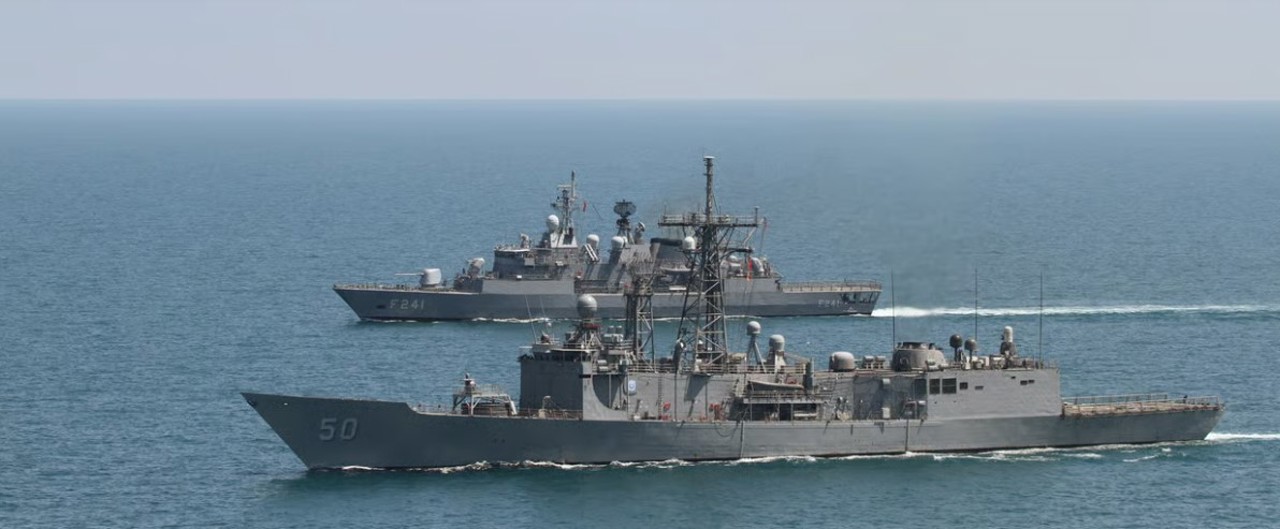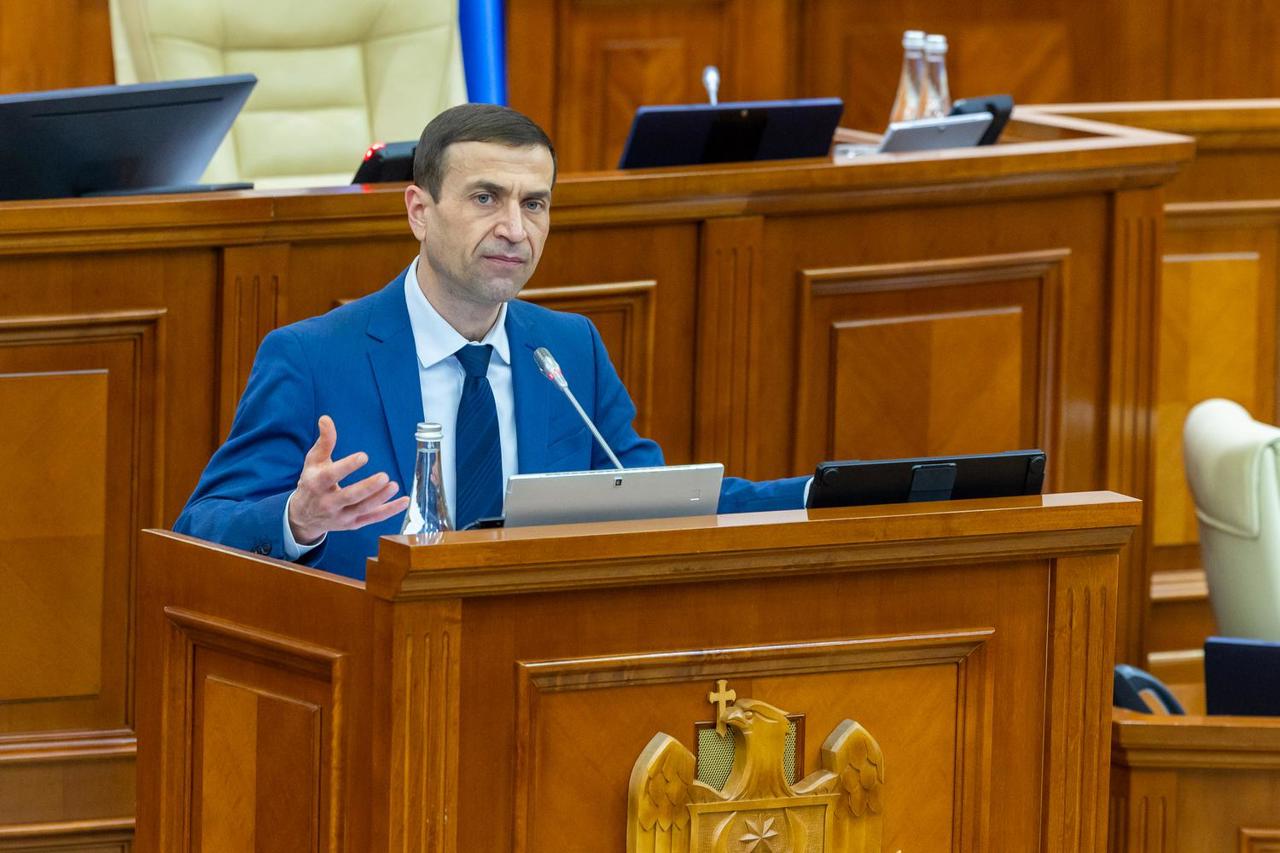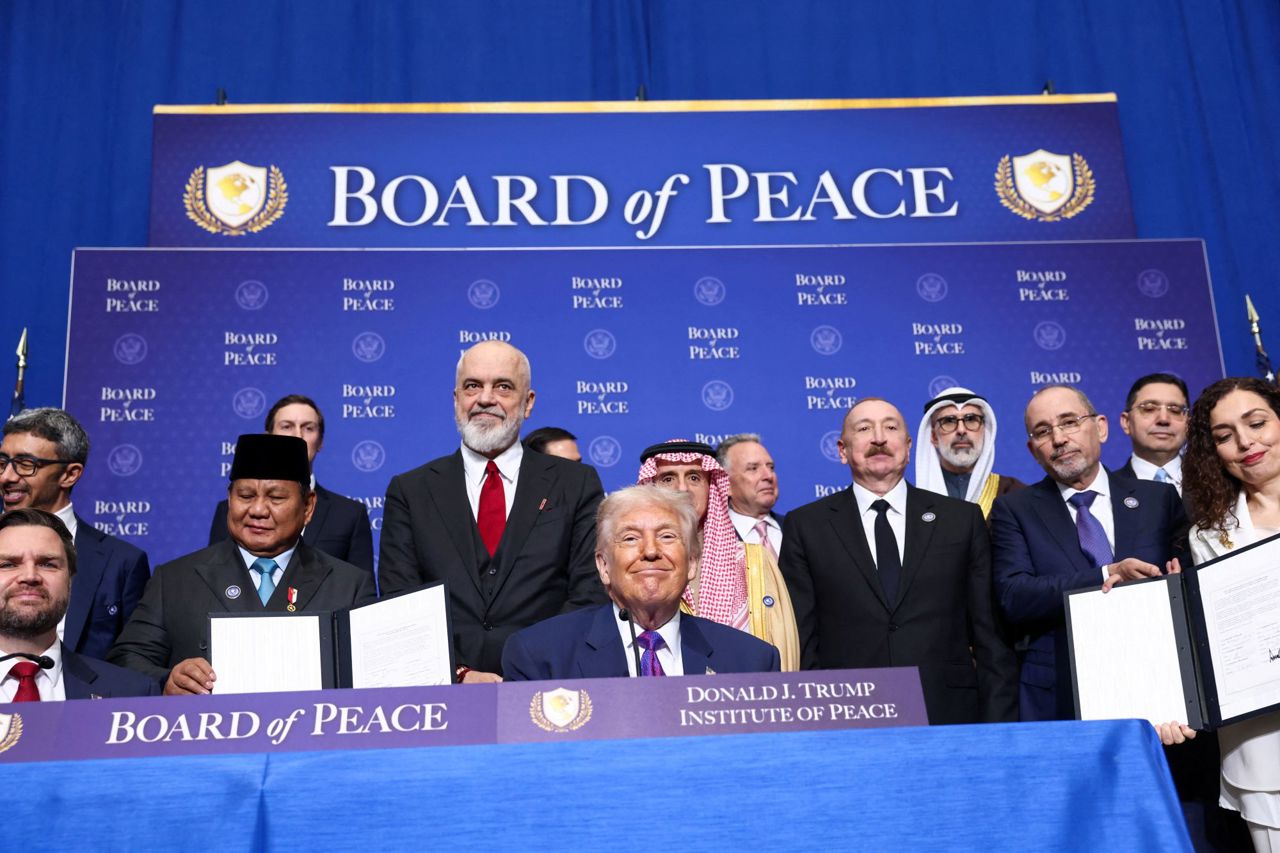Politico: Russia risks war with NATO in the Black Sea, warns Europe's former top commander
Moscow risks triggering a direct war with NATO by intercepting ships in international waters and trying to impose economic control over Ukraine, warns NATO's former top allied commander in Europe.

Former US Admiral James Stavridis, who led alliance forces on the continent from 2009 to 2013, told Politico that escalation at sea - including Sunday's boarding of a Turkish ship - could force Kiev's partners to intervene to prevent crippling Ukraine's economy.
"Russia's actions in the international waters of the Black Sea create a real risk of escalating this to a war at sea between NATO and the Russian Federation," Stavridis said.
The Russian Defense Ministry confirmed Tuesday that it fired warning shots before boarding the Shukrü Okan, a Palau-flagged cargo ship that the Ukrainian foreign ministry identified as Turkish.
"If Russia starts capturing ships or tries to scare them away, I think NATO will probably respond by supporting a humanitarian shipping corridor," Stavridis said. The alliance could protect ships going to and from the Ukrainian port of Odessa "with NATO fighter jets overhead and possibly NATO warships as escorts."
Tensions in the Black Sea have escalated dramatically since Russia unilaterally withdrew from a UN grain deal in July and warned that ships travelling to Ukrainian ports could be seen as military targets. In response, Ukraine has signalled its willingness to target Russian energy exports with a maritime drone strike on an oil tanker and declared the waters around Russian Black Sea ports a "war risk zone" as of 23 August.
In response to Russia's withdrawal from the grain deal, NATO Secretary General Jens Stoltenberg accused Russia of "dangerous actions in the Black Sea". NATO added that it was "intensifying surveillance and reconnaissance in the Black Sea region, including with maritime patrol aircraft and drones".
Stavridis argued that support from NATO members on the Black Sea border, namely Turkey, Romania and Bulgaria, would mean "the Russian Black Sea fleet would be militarily outgunned".
Turkey called on Russia to join the grain deal, and the National Security Council said the tension in the Black Sea "is not in anyone's interest". Turkish President Recep Tayyip Erdogan is due to meet Putin at the end of the month, with grain trade likely to be on the agenda.
By the time of Russia's withdrawal, 32.9 million tonnes of crops had safely left Ukraine's Black Sea ports, avoiding the risk of starvation in the poorest countries. The Russian president said his government would "refuse to extend" the agreement, choosing instead to offer grain free of charge to certain African countries on a case-by-case basis.
In the wake of the move, Moscow's armed forces struck Ukrainian grain warehouses along the Black Sea coast, destroying about 60,000 tonnes of food. Russia has also repeatedly hit the Ukrainian river ports of Reni and Izmail, just a few hundred metres from the border with NATO member Romania, with missiles that appear to target the grain trade. Moscow's defence ministry warned that "all ships sailing in Black Sea waters to Ukrainian ports will be considered potential carriers of military goods".
Despite this, Kiev has declared a "temporary corridor" for maritime traffic from its southern ports, allowing ships that have been closed in port for weeks to enter international waters. On Wednesday, Infrastructure Minister Oleksandr Kubrakov announced that the first ship, a Hong Kong-flagged container vessel, had started despite the threat from Moscow.






